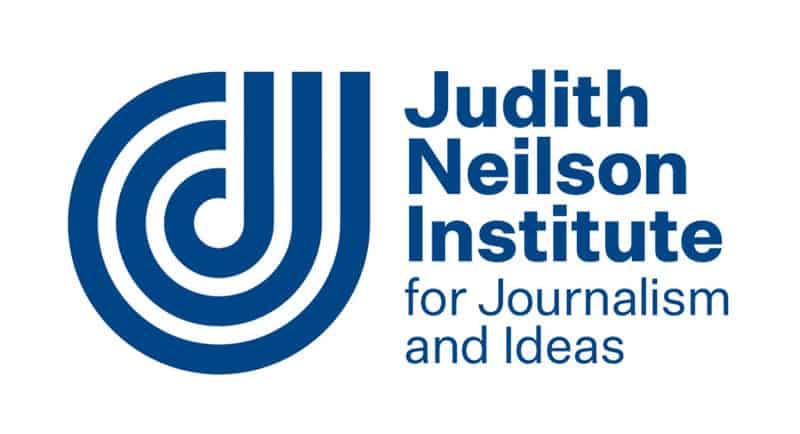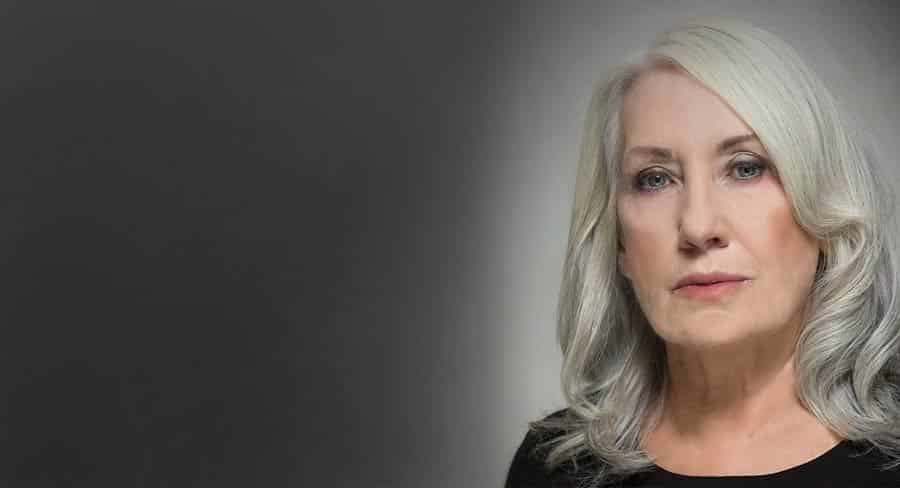Four directors have resigned from the Judith Neilson journalism Institute last week over a disagreement with the billionaire founder and philanthropist herself.
The institute, based in Chippendale, was established in 2018 as an independent, non-partisan body, not-for-profit organisation.
The directors – chairman, former NSW chief Justice James Spigelman, Paul Kelly is editor-at-large on The Australian, Bridget Fair chief executive officer of Free TV, and Kate Torney former ABC news director – resigned over changes to the organisation’s independence, funding and Neilson’s decision to change its direction, the Sydney Morning Herald reported.
Neilson’s decisions were announced in an email to the directors last Tuesday according to the publication. Sources told the outlet that the philanthropist’s new vision was not finalised but that her involvement raised concerns about its independence.
Despite the departures, three directors remain on the board – Edward Jewell-Tait, Mark Ryan and the Neilson family office CFO Simon Freeman – however their positions on the board is not certain.
Back in 2018 Neilson has announced a commitment of at least $100 million to creating a world-leading journalism institute based in Sydney, the Judith Neilson Institute for Journalism & Ideas.
The mission of the institute was to celebrate and encourage quality journalism in Australia and the world through education and grants and by hosting lively events on the big issues of the day.

See also: How Judith Neilson will spend $100m on journalism initiative
At the time of its founding, Neilson said: “As an avid consumer of news, I recognise the need to support evidence-based journalism and the pursuit of truth in an increasingly complicated and confusing world,” she said.
“I am delighted to support the establishment of this Institute and I will look to experienced journalists and other experts to manage and guide its work.
“I know that traditional forms of journalism are going through massive change and Australian journalism and intellectual life need a shot in the arm.
“Journalism doesn’t just need critics, it needs champions – people and institutions with the resources to help educate, encourage and connect journalists and their audience in pursuit of excellence.
“Through targeted funding and education we can strengthen Australian journalism and help restore faith in its central role in a healthy democracy.”
One of the institute’s early priorities was to support more reporting on Asia, and to help journalists engage more closely with their peers across the region.
“Asia will increasingly be a source of breaking global news and there is a need for informed, intelligent reporting and commentary on the region.
“My hope is that this new Institute can play a role in preparing Australian journalists for an exciting but more complicated and challenging future,” she said.
“I also hope that we can develop expertise here in Australia that will help journalists from around the world to better understand what will be the most important geo-political and economic region in coming decades.”
The Institute will be governed by an experienced board of directors and supported by an International Advisory Council. Work has commenced on a detailed program of activities and design for the Institute ahead of the Institute’s formal launch next year. A global search to identify key staff, including the founding executive director, will begin immediately.
The Institute will aim to collaborate with existing journalism schools and news organisations and act as a venue for debate about how best to report on the region, as well as on the key policy issues facing Australia.
“I want to contribute to something that makes a lasting impact and I acknowledge this will require a significant and sustained commitment,” Neilson said.
“I see it very much as a national project, an initiative that will deepen our understanding of the big issues facing Australia, and contribute to a more informed discussion of them.”
At the time, Neilson also told The Australian that she has no role to play in the governance of the namesake organisation. “The institute will be independent, non-partisan and open to all who want to take up the challenge of contemporary journalism with goodwill and in good faith.”
“I have no political or ideological agenda, and I will rely on experienced and respected journalists, practitioners and scholars to guide the institute’s work.
“Journalism doesn’t just need critics, it needs champions – people and institutions with the resources to help educate, encourage and connect journalists and their audience in pursuit of excellence,” Neilson added.
–
Top image: Judith Neilson
